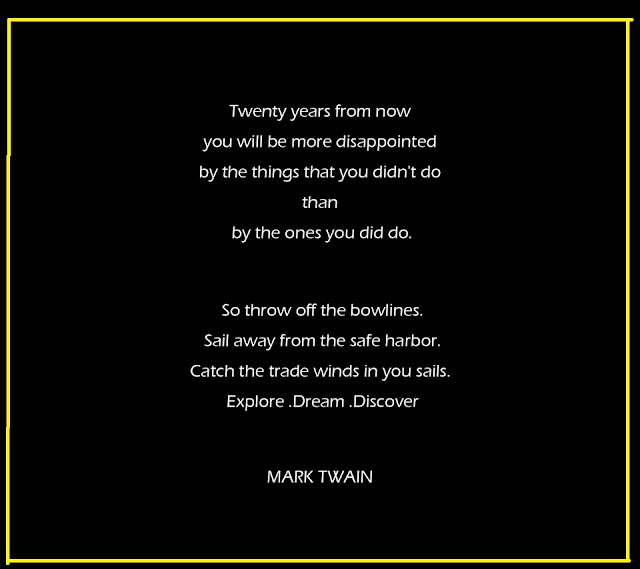DSL (Digital subscriber line) is a family of technologies that provide internet access by transmitting digital data over the wires of a local telephone network. The data bit rate of consumer DSL services typically ranges from 256 kbit/s to 40 Mbit/s, contrasting to a 100Mbit/s of an optic fiber transmission. While running fiber to millions of individual homes is one expensive construction project, Alcatel-Lucent() announces commercial rollout of a latest DSL technology, called
VDSL2, with vectoring. VDSL2 vectoring can use legacy telephone access networks with a data rate 3 times of conventional DSL i.e; 100Mbps!
Michael Peeters, chief technology officer of Alcatel-Lucent’s wire-line division, says "Cross talk limits bandwidth by corrupting the signals that are transmitting information.Cross talk can be eliminated by estimating how much one line is leaking into another and then cancelling out that interference with calculations performed by hardware
installed in the street cabinet. Cross talk estimation uses
what’s called an error vector, which is sent from a user’s home
equipment back to the cabinet. The receiving equipment there knows what
the signal should look like, and the difference is a good measure of the
amount of cross talk between a wire and all the wires around it."
The term vector is used because the DSL’s individual physical layer
voltages can be viewed as a coordinated set or vector of voltages. The
group or vector is processed by a common signal processing device for
downstream transmission and also for upstream reception as shown in
Figure. Essentially, the vector/
MIMO
processor performs pre-processing of the transmitted signal in
downstream transmission via pre-coding or linear pre-filtering, and
joint processing of the received signals in the upstream via receive
filtering and successive cancellation. This group processing allows
cancellation or removal of crosstalk. The gain from the vectoring is
largest when all the lines in the binder are processed simultaneously,
but even partial vectoring or independent cancellation by different
operators provide significant improvement over non-vectored systems.
 |
| Level 3 DSM is known as vectoring (Ginis and Cioffi, 2002) and
allows for special processing methods in a DSLAM to essentially
eliminate all crosstalk between lines, leading to 100s of Mbps speeds in
DSL. |





